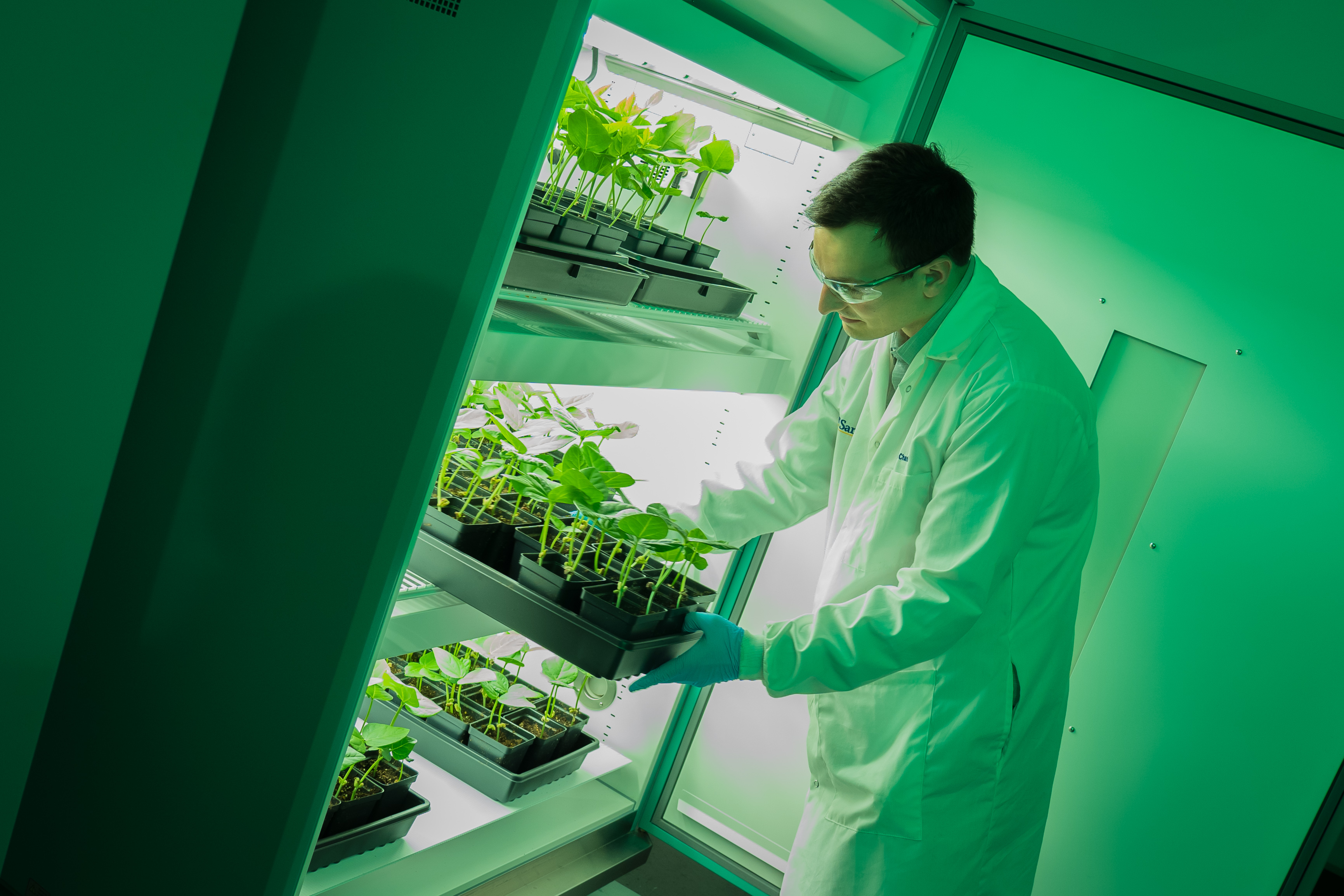 A Major Breakthrough in Breast Cancer Treatment
A Major Breakthrough in Breast Cancer Treatment
Breast cancer remains the most common cancer type affecting women worldwide, with over two million new cases diagnosed each year. Despite advancements in the fight against the illness, many patients face the possibility of cancer recurrence, often at a more advanced stage. However, recent research has revealed a major breakthrough that could revolutionize breast cancer treatment.
A Blood Test for Early Detection
A new blood test has been developed that can potentially identify the recurrence of breast cancer up to three years before traditional scans can detect tumors. This test, known as a liquid biopsy, aims to provide an early warning system for cancer recurrence by analyzing circulating tumor DNA (ctDNA) in the bloodstream. Compared to previous tests that focused on fewer genetic changes, this method is significantly more sensitive and accurate.
Promising Trial Results
In a trial conducted at the Breast Cancer Now Toby Robins Research Centre in London, researchers examined blood samples from 78 women with breast cancer. The test successfully identified all eleven patients who had relapsed, while accurately ruling out recurrence in the remaining sixty patients. These results demonstrate the test’s excellent accuracy and its potential as a reliable tool for early detection of cancer recurrence.
The Importance of Early Detection
The ability to identify cancer recurrence well in advance allows for the initiation of treatment at an earlier stage than previously possible. Early action is crucial in eradicating cancer cells before they spread to other parts of the body, where they become much more challenging to treat. With this new blood test, there is a greater chance of effectively eliminating cancer cells and improving patient outcomes.
Global Attention and Future Prospects
This groundbreaking discovery was presented at the American Society of Clinical Oncology’s annual meeting in Chicago, attracting attention from physicians and healthcare providers worldwide. The researchers are hopeful that these results will lead to widespread acceptance of the test, enabling more women to benefit from early identification and preventative therapy.
In addition, the National Health Service (NHS) is currently testing a similar blood test called the Galleri test. Developed by the California-based corporation Grail, this test has shown promise in identifying hard-to-find tumors and various cancer-related disorders. If the preliminary findings from this investigation are successful, it could pave the way for wider adoption of this strategy.
Conclusion
The development of a blood test for the early detection of breast cancer recurrence is a significant breakthrough in the fight against this disease. With its high accuracy and sensitivity, this test offers hope for millions of women facing the possibility of cancer returning. By identifying recurrence earlier, patients can receive timely treatment, greatly improving their chances of successful recovery. The future looks promising in the battle against breast cancer.

